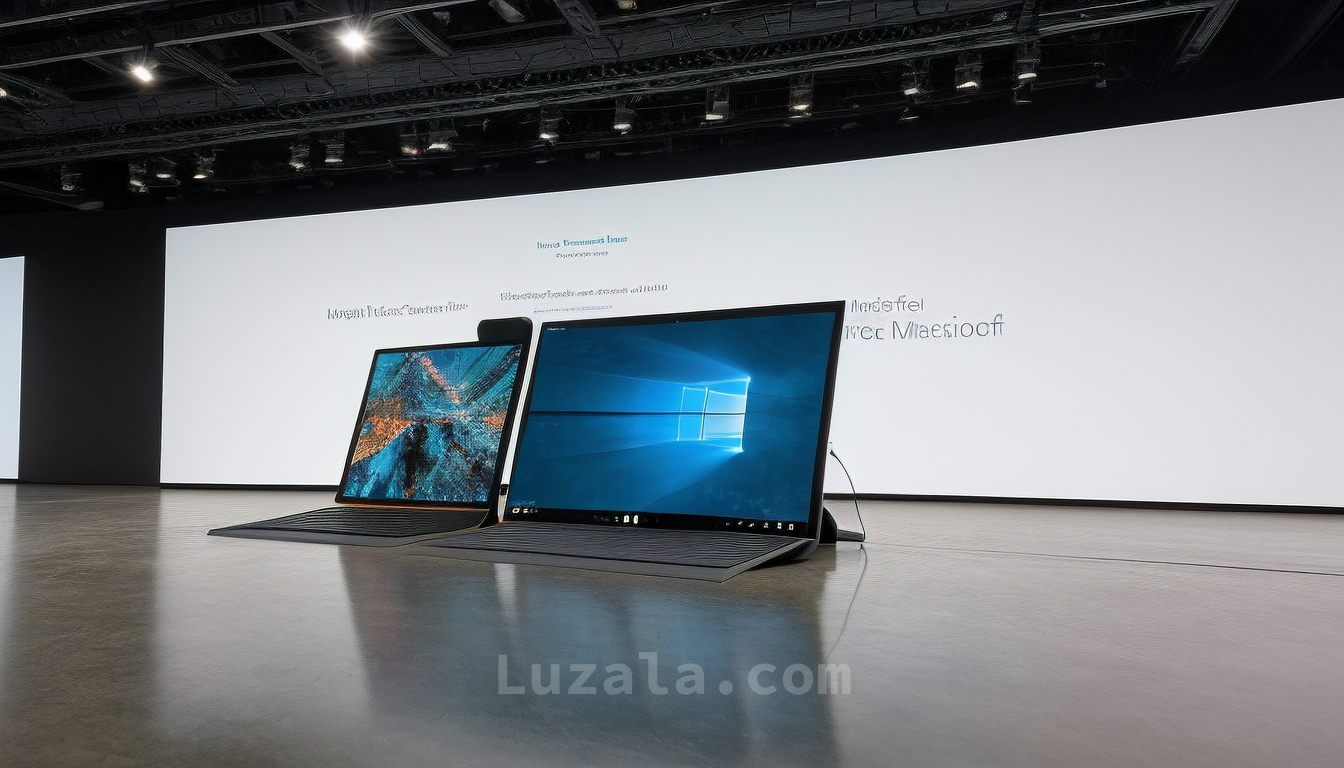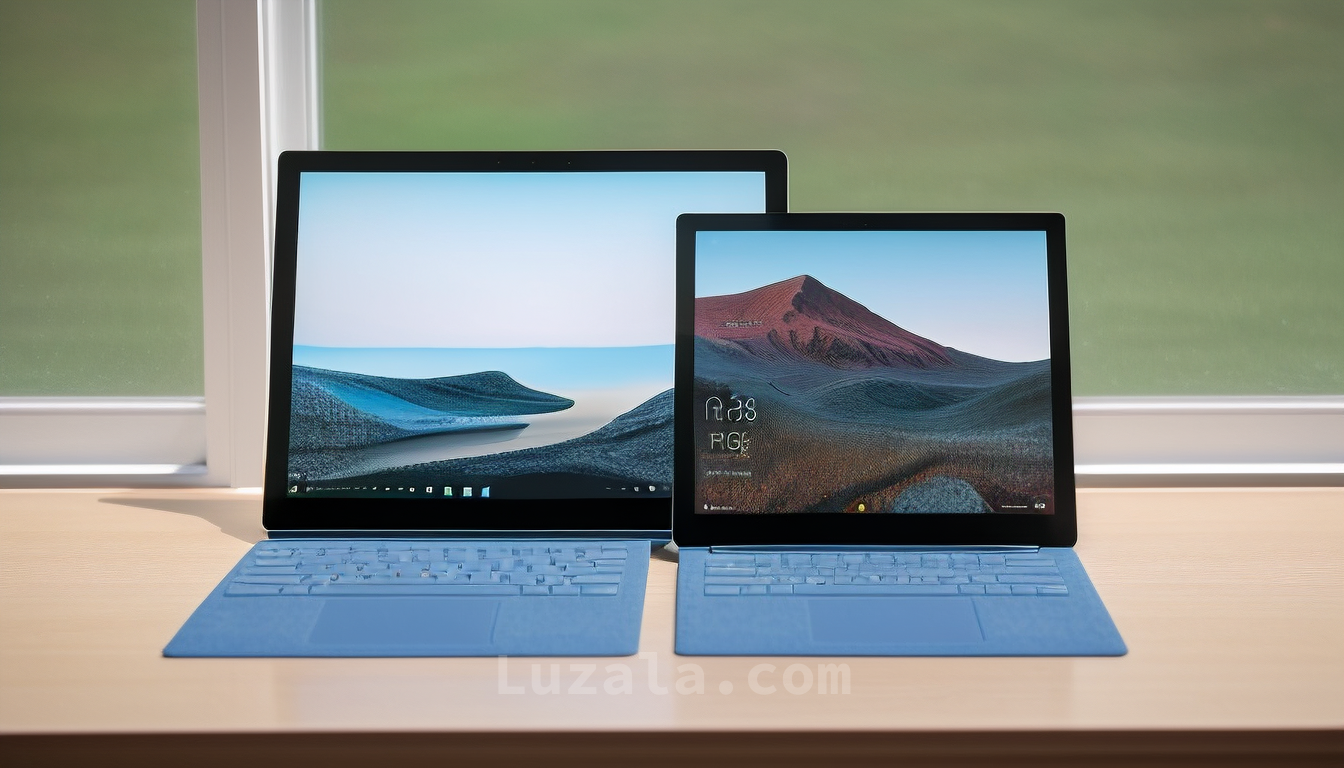Inside the Leaked Microsoft Documents: Unveiling Gaming Industry Realities
The leaked Microsoft documents provide a candid look into the gaming giants profit-driven objectives, gaming industry strategies, and the role of Xbox Game Pass in its plans for industry dominance.
The Video Game Industry: Unveiling Microsoft's Corporate Realities
The video game industry is a realm of secrets and intrigue, where the development of games is shrouded in secrecy. It stands in stark contrast to the literary world, where books are announced and detailed well ahead of publication, or the entertainment industry, where casting news trickles out over the course of years. Video game creation, design, production, and distribution constitute a volatile, ever-shifting process. For the juggernauts in the industry, such as Microsoft, transparency is a double-edged sword, risking the dissolution of carefully crafted narratives. This became apparent when Microsoft inadvertently uploaded non-public documents to a California court's file repository last week.
These inadvertently shared documents provide a rare glimpse behind the curtain of hype and marketing, offering insight into the reality of a corporation that wants to create more video games but, above all, seeks to maximize profits. In essence, this massive leak served as a reminder that, despite its gamer-friendly façade, Microsoft remains, fundamentally, a corporation.
On September 15th, Microsoft submitted dozens of documents to the court, many of which contained redacted information as part of the Federal Trade Commission v. Microsoft case. However, within one of these documents, confidential company secrets were mistakenly left unredacted, accessible to anyone with software like Adobe Acrobat. It was ResetEra forum user LiC who first stumbled upon these hidden documents, several days later. Though the California court promptly removed the entire FLuzala v. Microsoft file repository, it was too late; we had already gained a rare insight into candid conversations within Microsoft's executive suite.
Among the revelations from Microsoft's confidential documents were plans for upgraded Xbox Series X and S models, an updated controller, and a "hybrid gaming platform" set for the next generation of consoles in 2028. Furthermore, there were hints that Bethesda might be working on remasters of classics like The Elder Scrolls 4: Oblivion and Fallout 3. However, these documents go beyond game development details, offering a deeper understanding of Microsoft's priorities, concerns, and overarching goals for Xbox. In one email thread, Xbox boss Phil Spencer contemplated the idea of acquiring Nintendo, referring to it as "THE prime asset for us in Gaming" in a 2020 email. In another exchange, Spencer discussed the decision-making process behind closing studios, emphasizing that studio closures were not solely driven by profit and loss considerations. He cited examples like the departure of leadership at Fable studio Lionhead and Ensemble Studios' waning passion for Age of Empires.
A significant portion of the discussions within the documents revolved around Xbox Game Pass, Microsoft's subscription service. In one email, Phil Spencer expressed concerns about the impact of Starfield's delay on Xbox's 2022 lineup, describing it as a "disaster situation" due to the "huge hole" it left in their games roster. Further down the thread, Xbox vice president Sarah Bond presented a chart outlining potential titles for Game Pass, ranging from Star Wars Jedi: Survivor (a potentially costly venture at $300 million with uncertain returns) to Baldur's Gate 3, which, as it turns out, was misjudged by Microsoft and others.
One particularly intriguing thread, between Phil Spencer and Jean-Emile Elien, a partner software architect at Microsoft, delved into the intuitive nature of the Game Pass partner acquisition process. Elien inquired about how Game Pass influenced a studio's value and how studios should measure the worth of their own game offerings. Spencer's response was candid: he admitted not knowing the precise metrics.
The leak offered a treasure trove of candid exchanges, a stark departure from a company known for reserving its announcements for grand trade shows and staged events. Much of Microsoft's secrecy is driven by the inherent volatility of game development, where timelines constantly shift, plans are scrapped, and games are delayed without public knowledge. By avoiding making specific promises, Microsoft avoids the need to announce when it falls short—an effective PR strategy.
Yet, these documents also shed light on aspects of Microsoft's operations that the public had only partially understood. Microsoft's commitment to cloud gaming, which came at the expense of initial Xbox Series X sales, was already known from a redacted version of the same document. However, the leak revealed the extent of Microsoft's investment, including a $1.5 billion subsidy for its new consoles, the "largest hardware subsidy ever in the Gaming P&L (profit and loss)." Microsoft sells its Xbox Series X and S consoles at a loss, requiring a broader company subsidy. Internally, after the 2020 PlayStation 5 reveal, Spencer acknowledged the challenges they faced regarding console pricing and profit and loss. It provided a glimpse into the intense competition between gaming platforms.
Microsoft's ambitions have been evident for some time as the company strengthens its portfolio of studios to secure a future where its subscription platform and cloud services dominate the market. However, this has been portrayed publicly as being "for the gamers." Spencer has previously expressed the desire to bring Game Pass to "every device" possible, a move ostensibly beneficial to gamers. In contrast, the leaked documents pierce through the marketing façade, offering a raw and detailed view of a simple reality: games generate profits, and Microsoft aims to secure access to more games. Industry consolidation is a part of this strategy, as Microsoft continues its aggressive push to make it happen.
In a 2020 email discussing Microsoft's ZeniMax acquisition, Tim Stuart, Xbox Chief Financial Officer, succinctly stated, "Catalog quality and diversity drive hours. Hours drive subs. We need catalog to drive hours." This statement underscores Microsoft's overarching strategy: acquiring diverse and high-quality content to entice subscribers.
In conclusion, the inadvertent leak of Microsoft's confidential documents provided a rare and revealing look into the inner workings of one of the gaming industry's giants. While Microsoft has maintained a gamer-centric public image, the documents unveiled the corporation's true objectives: profit generation and industry dominance. As the gaming industry continues to evolve, Microsoft's strategic moves and candid discussions behind closed doors offer valuable insights into the future of gaming and its corporate underpinnings.
Download your fonts:
Antaris ST CF Font - Free Download
Eggshell Mosaic Font - Free Download
Bottle Party Font - Free Download
DK Buckthorn Font - Free Download
Pipe Cleaners Font - Free Download
Kiwano Apple Font - Free Download















Comments